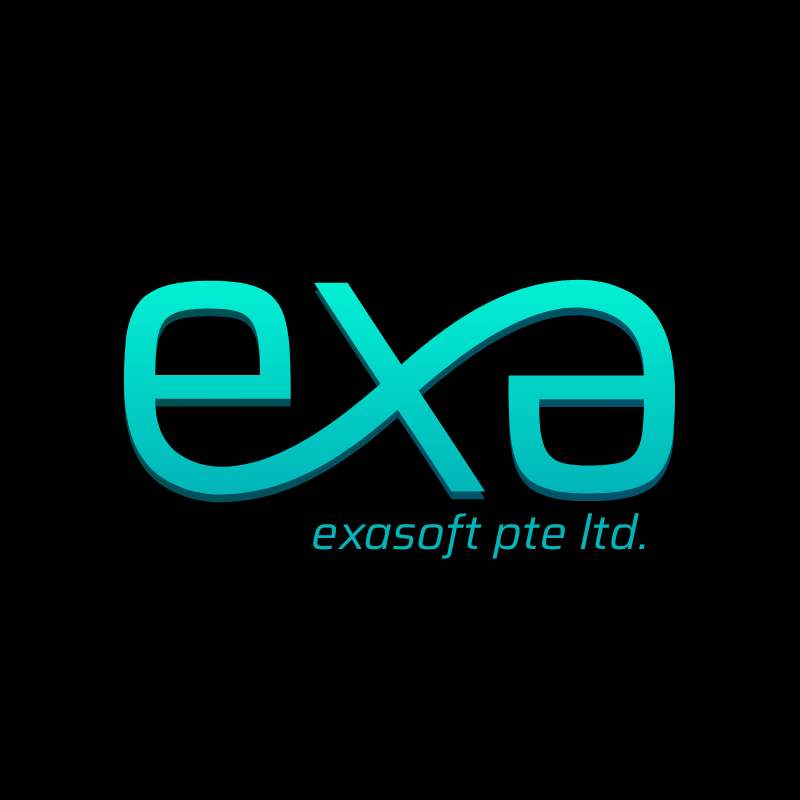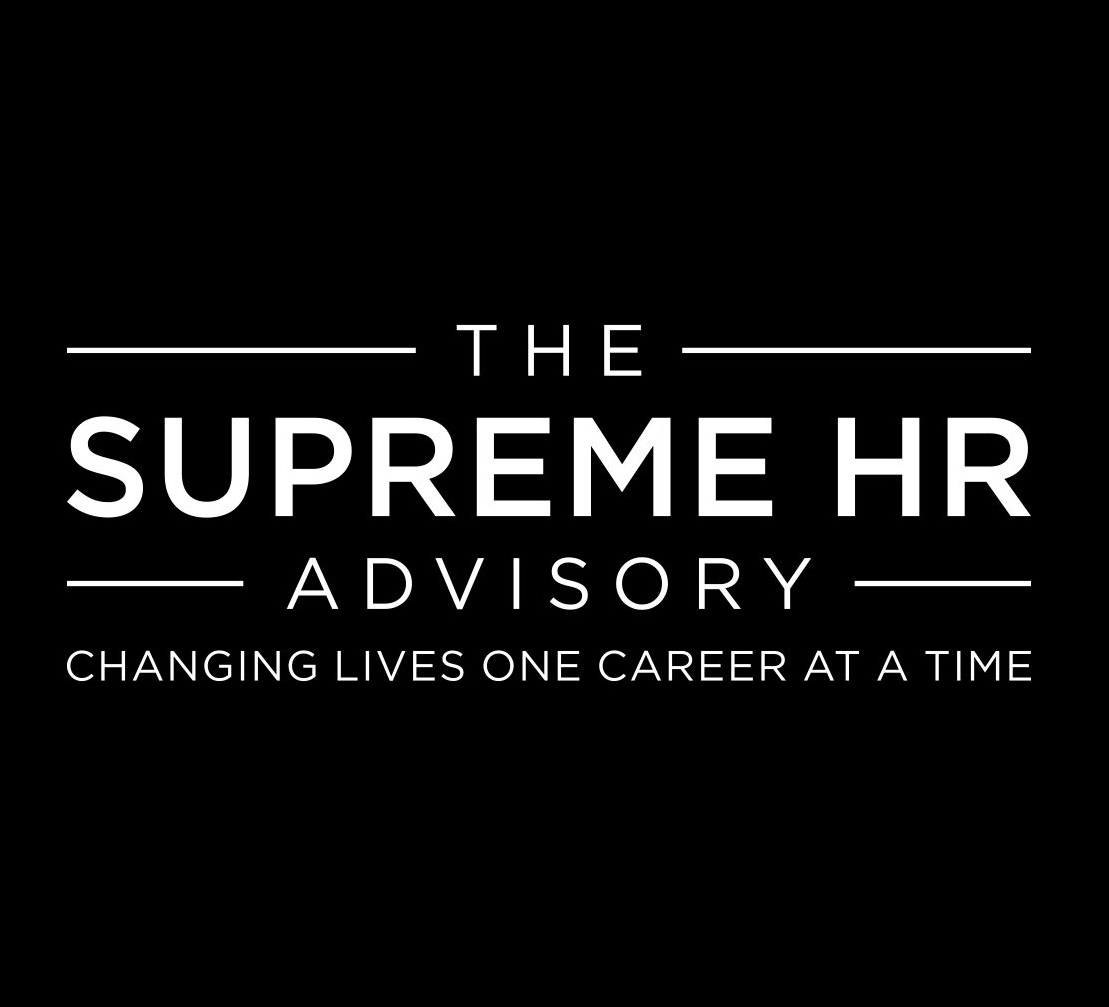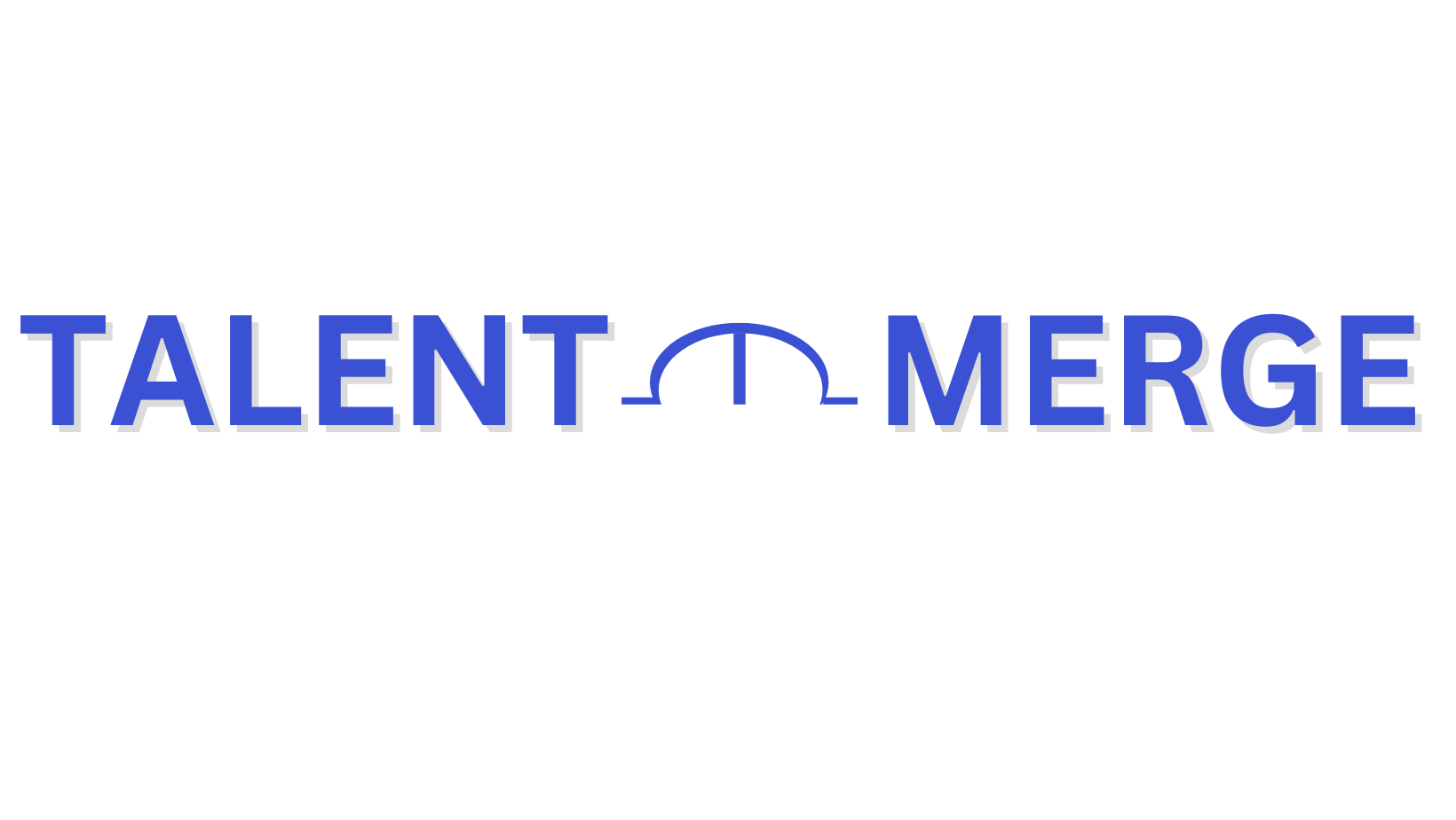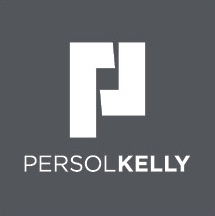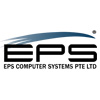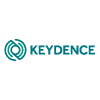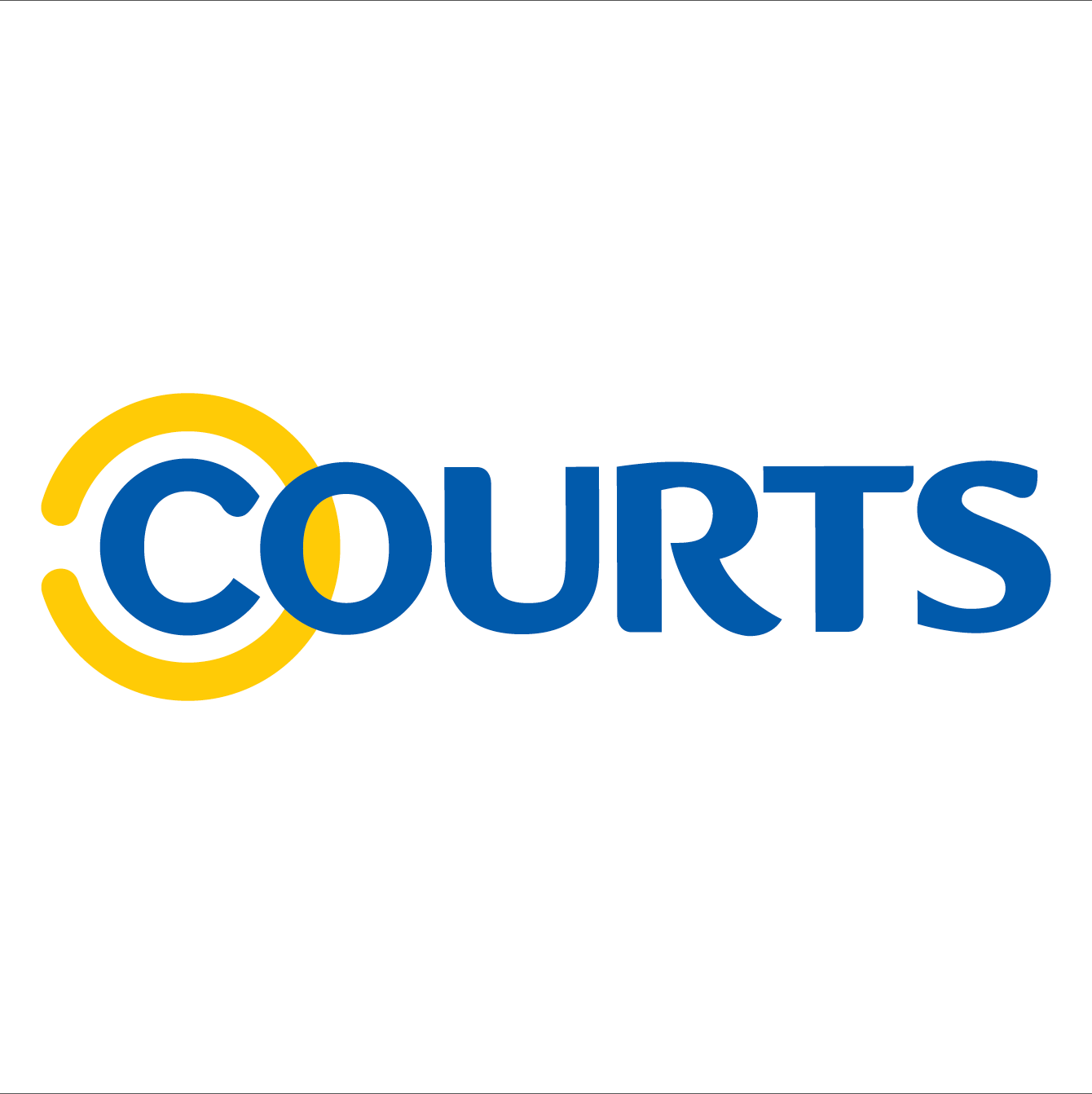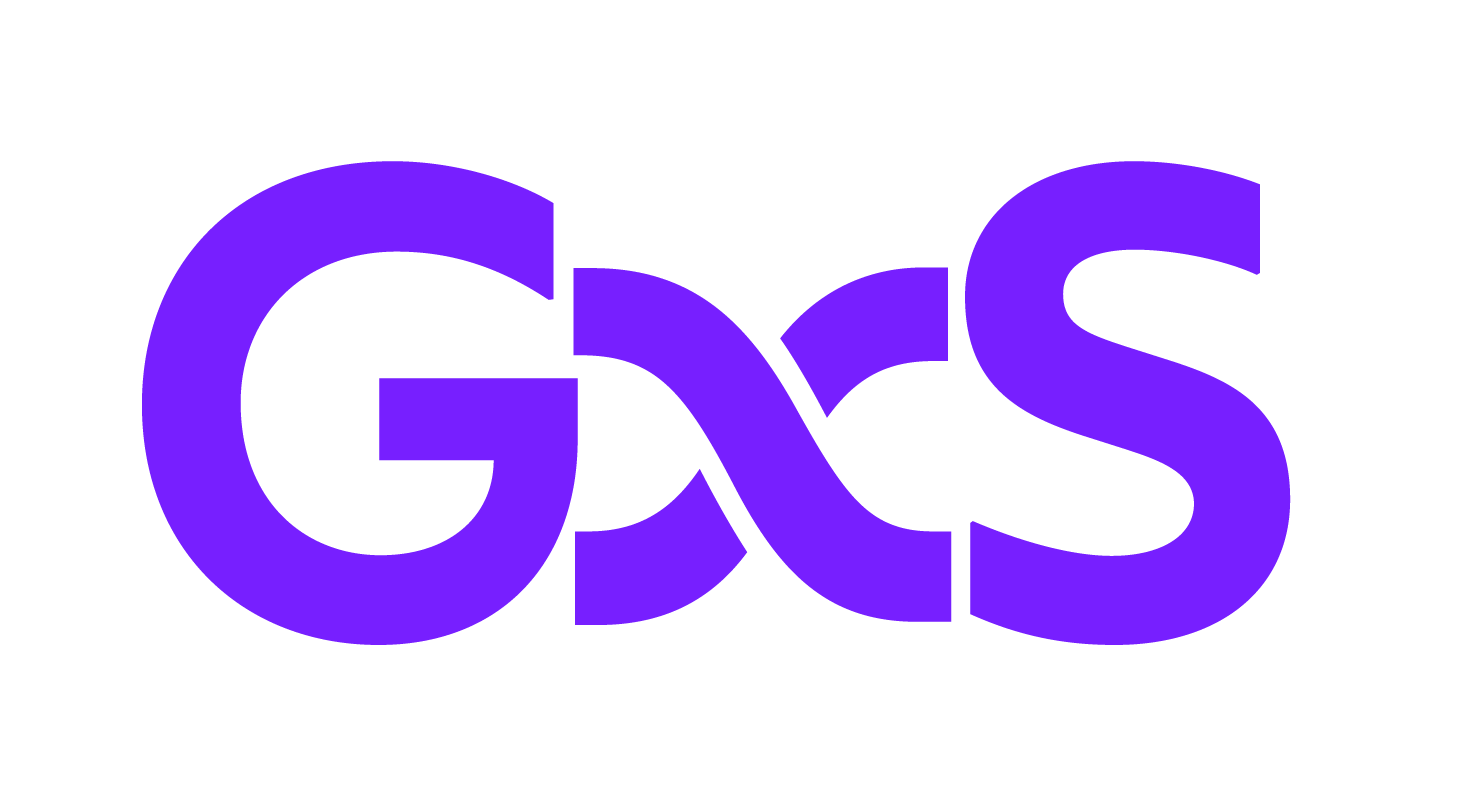Get to know our team:
Our Corporate IT Team within GXS Enterprise Technology Services aims to be a technology leader that provides predictive and seamless experiences to all GXS employees.
We are seeking a talented and experienced IT Systems Engineer to join our IT team. The ideal candidate will be responsible for designing, implementing, and maintaining our company's IT infrastructure. This role involves working closely with other IT professionals and departments to ensure seamless integration and optimal performance of our systems.
Get to know our Roles
As an IT Systems Engineer, you will play a crucial role in ensuring the stability, security, and efficiency of our endpoint devices and supporting Corp IT systems.
You will be responsible for managing and maintaining our endpoint management systems, including SCCM and patch management.
Additionally, you will work with identity provider solution such as JumpCloud and productivity solution such as Google Workspace to ensure seamless user access and device management.
Your scripting knowledge in PowerShell and Bash will be essential in automating tasks and troubleshooting issues. Familiarity with VDI solutions such as Azure Virtual Desktop or Amazon Workspaces will enable you to support our virtual desktop infrastructure.
Furthermore, you will contribute to our DevOps practices, utilizing GitLab CI/CD for continuous integration and deployment, and implementing Infrastructure as Code using tools like Terraform.
Day-to-Day Activities:
- Endpoint Management: Manage endpoints via Software as a Service (SaaS) solutions, such as Jamf, Cisco, JumpCloud, and Automox. Ensure efficient deployment, configuration, and management of endpoint devices.
- Endpoint Deployment and Support: Responsible for endpoint deployment, including software evaluation, testing, deployment, and post-deployment support. Ensure smooth rollout and functionality of new software and hardware.
- Patch and Lifecycle Management: Oversee OS patch management and application lifecycle management. Ensure systems are up-to-date with the latest security patches and software updates, minimizing vulnerabilities.
- Technical Collaboration: Collaborate closely with team members to enhance technical capabilities and service delivery. Foster a culture of knowledge sharing and continuous improvement.
- System Stability and Security: Ensure the stability, security, and scalability of IT systems. Implement best practices to safeguard sensitive banking data and maintain regulatory compliance.
- Performance Monitoring and Issue Resolution: Continuously monitor system performance and proactively address potential issues. Implement preventative measures to minimize downtime and enhance the overall user experience.
- System Optimization: Work collaboratively with software developers and other IT staff to design, optimize, and integrate systems. Ensure seamless interoperability and efficient workflows.
- Documentation: Develop and maintain comprehensive documentation for system configurations, procedures, and processes. Ensure documentation is up-to-date and accessible to relevant stakeholders.
- Backup and Disaster Recovery: Implement and manage robust backup and disaster recovery strategies to protect digital assets. Ensure quick recovery and data integrity in the event of a failure or disaster.
- Technology and Trend Awareness: Stay abreast of emerging digital technologies and industry trends. Leverage new advancements to drive continuous improvement and innovation within the IT infrastructure.
- Technical Support and Mentorship: Provide advanced technical support and mentorship to end-users and IT colleagues. Foster a collaborative environment and promote skill development within the team.
- Security and Compliance: Ensure compliance with digital security policies, procedures, and regulatory requirements. Implement necessary controls and conduct regular audits to maintain a secure environment.
Skills & Qualifications:
- Educational Background: Bachelor’s degree in Computer Science, Information Technology, or a related field.
- Professional Experience: Minimum of 3-5 years of hands-on experience in IT systems engineering or a similar role.
- Cloud Expertise: Demonstrated expertise in cloud platforms, particularly AWS, Azure, or Google Cloud, with a proven track record of managing and deploying cloud-based solutions.
- Windows Deployment: Proficient in Windows image deployment and creation using tools such as Windows Deployment Services (WDS) and/or Assessment and Deployment Kit (ADK).
- MDM Solutions: Extensive experience with Mobile Device Management (MDM) providers like Jamf, Workspace One, Intune, JumpCloud, and Google MDM, ensuring secure and efficient device management.
- OS Management: Advanced knowledge in managing and deploying macOS, iOS, Windows, Android, and Chrome OS environments.
- Scripting and Automation: Strong scripting and automation skills using languages such as Bash, Shell, PowerShell, Python, and Workato to streamline processes and improve efficiency.
- Problem-Solving: Exceptional problem-solving and analytical skills, with the ability to diagnose and resolve complex systems-related issues swiftly.
- Incident Management: Familiarity with change management, incident management, and problem management processes to ensure smooth operations and minimal disruptions.
- Virtual Desktop Infrastructure (VDI): Support and enhance the virtual desktop infrastructure (e.g. Azure Virtual Desktop or Amazon Workspaces).
- Networking: Basic understanding of networking concepts and technologies (e.g., TCP/IP, DNS, DHCP, VLANs), with the ability to diagnose network access issues.
- Adaptability: Strong ability to quickly adapt to new technologies and evolving industry trends.
- Communication: Excellent communication and interpersonal skills, with a collaborative mindset and the ability to work effectively with cross-functional teams.
- Endpoint devices Hardening: Proven experience in hardening endpoints and assets, including secure configuration, vulnerability management, and compliance with financial regulations such as MAS TRMG and best practices such as CIS benchmarks.
Nice to Have:
- Certifications: Relevant certifications such as Microsoft Certified, Azure or AWS Administrator Associate, or other industry-specific certifications, demonstrating a commitment to professional development.
- Infrastructure as Code (IaC): Experience with Infrastructure as Code (IaC) tools such as Terraform or CloudFormation, enabling automated infrastructure management and deployment.
- DevOps Practices: Familiarity with DevOps practices, utilising CI/CD pipelines and tools (e.g., GitLab CI/CD), ensuring streamlined and automated integration and deployment processes.
- IT Security: Understanding of IT security best practices, including identity and access management, encryption, and threat detection, to safeguard digital assets and maintain compliance.


